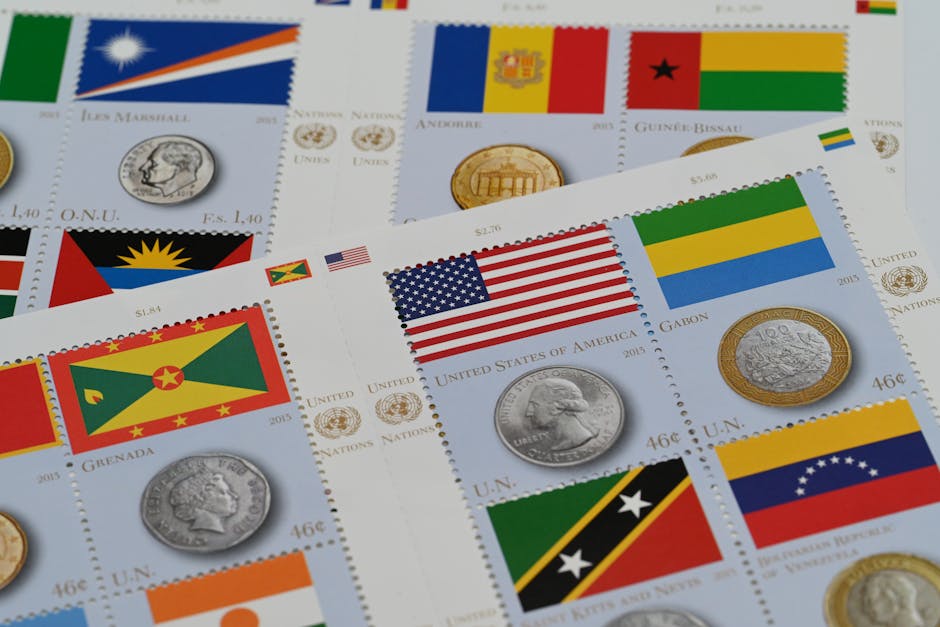The world can feel like a precarious place these days. From economic instability to political upheaval, news headlines often paint a grim picture of international affairs. It’s understandable to feel overwhelmed, especially for Baby Boomers who have witnessed so much change throughout their lives. For many, keeping up with current events can be a source of anxiety and stress. This constant barrage of information can make it difficult to maintain a sense of peace and well-being.
It’s important to remember that we are not powerless in the face of these challenges. While we may not be able to control global events, we can control how we respond to them. One of the first steps is to be mindful of our news consumption. Constant exposure to negative news can be detrimental to our mental health. Consider limiting your intake and choosing reputable news sources that offer balanced reporting.
Finding reliable news sources is crucial in today’s media landscape. Look for established news organizations with a history of journalistic integrity. Be wary of sensationalized headlines and biased reporting. Seek out sources that present multiple perspectives and offer in-depth analysis rather than just surface-level coverage. Fact-checking websites can also be invaluable tools for verifying information.
Staying informed is important, but it’s equally important to prioritize your mental well-being. Engage in activities that bring you joy and help you relax. Spending time with loved ones, pursuing hobbies, or simply enjoying the quiet moments can provide a much-needed respite from the stresses of the world.
Connecting with others can also be a powerful antidote to feelings of isolation and anxiety. Sharing your concerns with friends, family, or support groups can help you process difficult emotions and gain new perspectives. Remember, you are not alone in feeling overwhelmed by international events.
Taking action can also be empowering. While we may not be able to single-handedly solve global crises, we can contribute to positive change in our own communities. Volunteering, supporting charitable organizations, or simply engaging in thoughtful conversations can make a difference.
Consider focusing on the positive aspects of life, both big and small. Practicing gratitude can shift our perspective and remind us of the good in the world, even amidst challenging times. Take time each day to appreciate the simple things, like a warm cup of coffee, a beautiful sunset, or a meaningful conversation.
Remember, navigating a complex world is a journey, not a destination. By being mindful of our news consumption, prioritizing our well-being, connecting with others, and taking positive action, we can cultivate a sense of peace and resilience in the face of international challenges.





